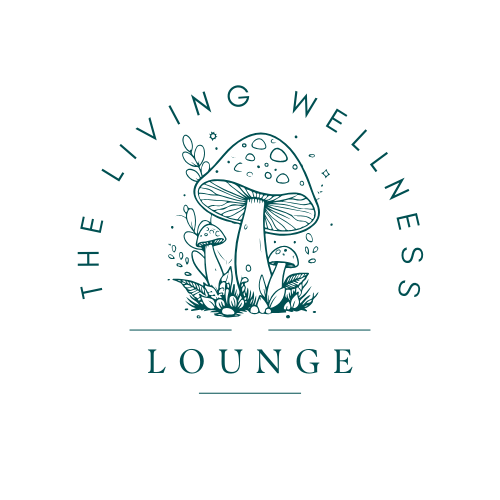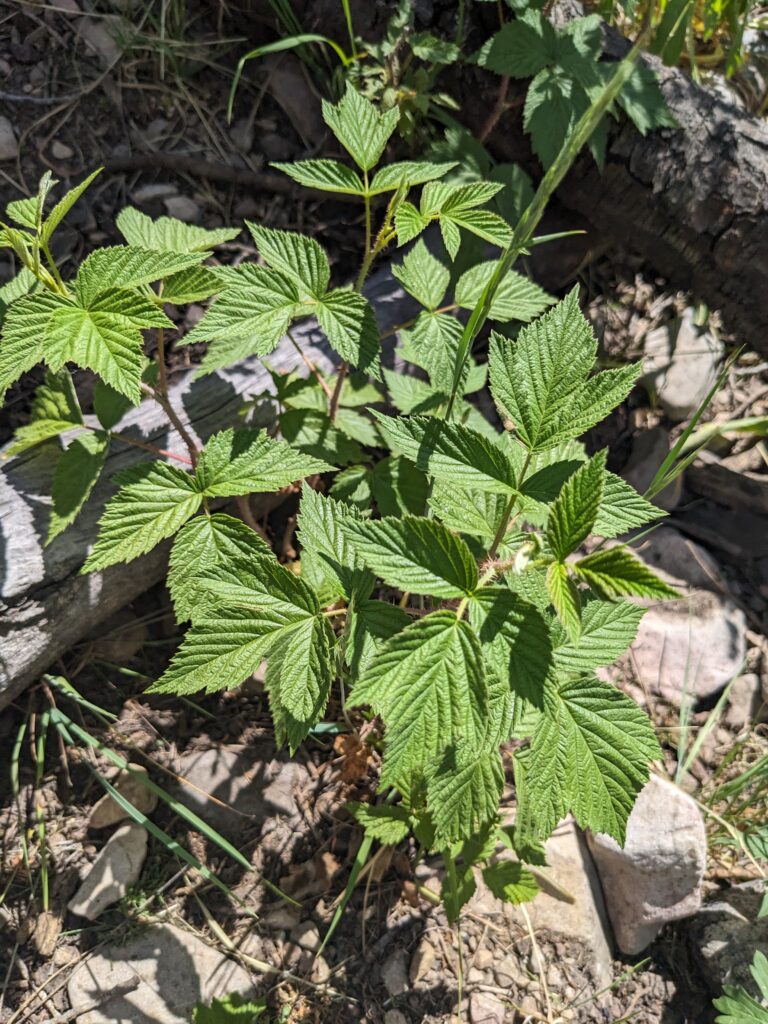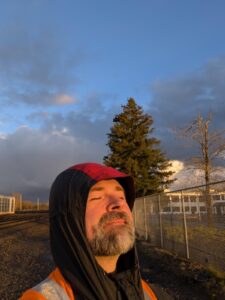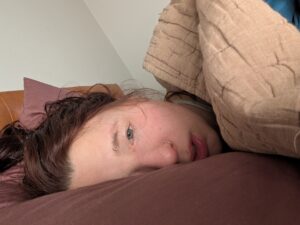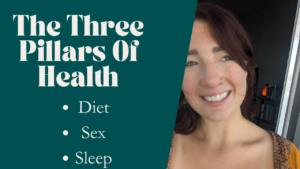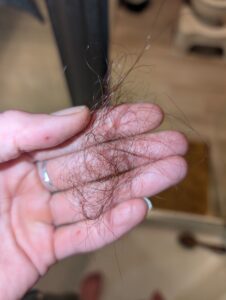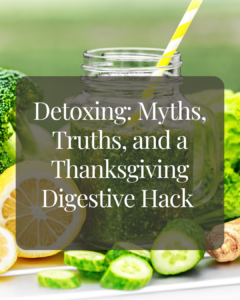Herbal Medicine
Herbal Medicine In Our Modern Age
In a world of modern medicine and technical advancement where does the ancient practice of Herbalism Stand?
Herbalism is a beautiful art that has served billions of humans over millions of years.
“It is estimated that up to four billion people (representing 80% of the world’s population) living in the developing world rely on herbal medicinal products as a primary source of healthcare. Traditional medical practice, which involves the use of herbs, is viewed as an integral part of the culture in these communities (Mukherjee, 2002; Bodeker et al., 2005; Bandaranayake, 2006).”
When I embarked on my herbal education journey, I was astounded to learn about complete medical systems beyond Western medicine. Take Ayurveda, for example, the oldest continuously practiced healthcare system in the world today. This system has been tested and refined over thousands of years. It’s not alone; other complete systems have also been continuously practiced and serve billions of people today.
If you grew up in America, it might be hard to believe. We were given one system and told it was the ultimate truth.
Despite modern advancements and astronomical spending on healthcare, people are getting sicker. They aren’t finding the answers or relief in our current medical model, turning back to what’s been working for thousands of years.
Herbalism has a place in our modern world. We need to understand its strengths and limitations to serve effectively. Each medical system has its strengths and weaknesses. It’s not about one being superior but about finding ways to restore health. These systems should work together because their integration offers the true power of having all these resources at our fingertips.
I blend Ayurveda, TCM, and Western medicine to bring the best of all worlds to my clients. This approach gives me more herbs, more tools, more resources, and more opportunities to serve.
Herbalism is potent yet profound when employed correctly. Unfortunately, it’s often misunderstood, but that’s a topic for another blog.
Herbalism fills many gaps that Western medicine leaves. It considers the whole person, viewing the body as an interconnected, complex, and beautiful system. It goes beyond symptom treatment, focusing on the underlying cause and true healing. It aims to restore health, not just prevent death. That means helping you feel good, not just ensuring your lab results are normal. It’s a personalized approach tailored to you, your needs, and your unique situation. It uses plants perfectly suited to support your body in healing, backed by thousands of years of use.
It makes you an active participant in your health.
Herbalism is profound and shines in helping people whom our conventional model leaves underserved and unwell.
The plants have power; ally with them and find health.
